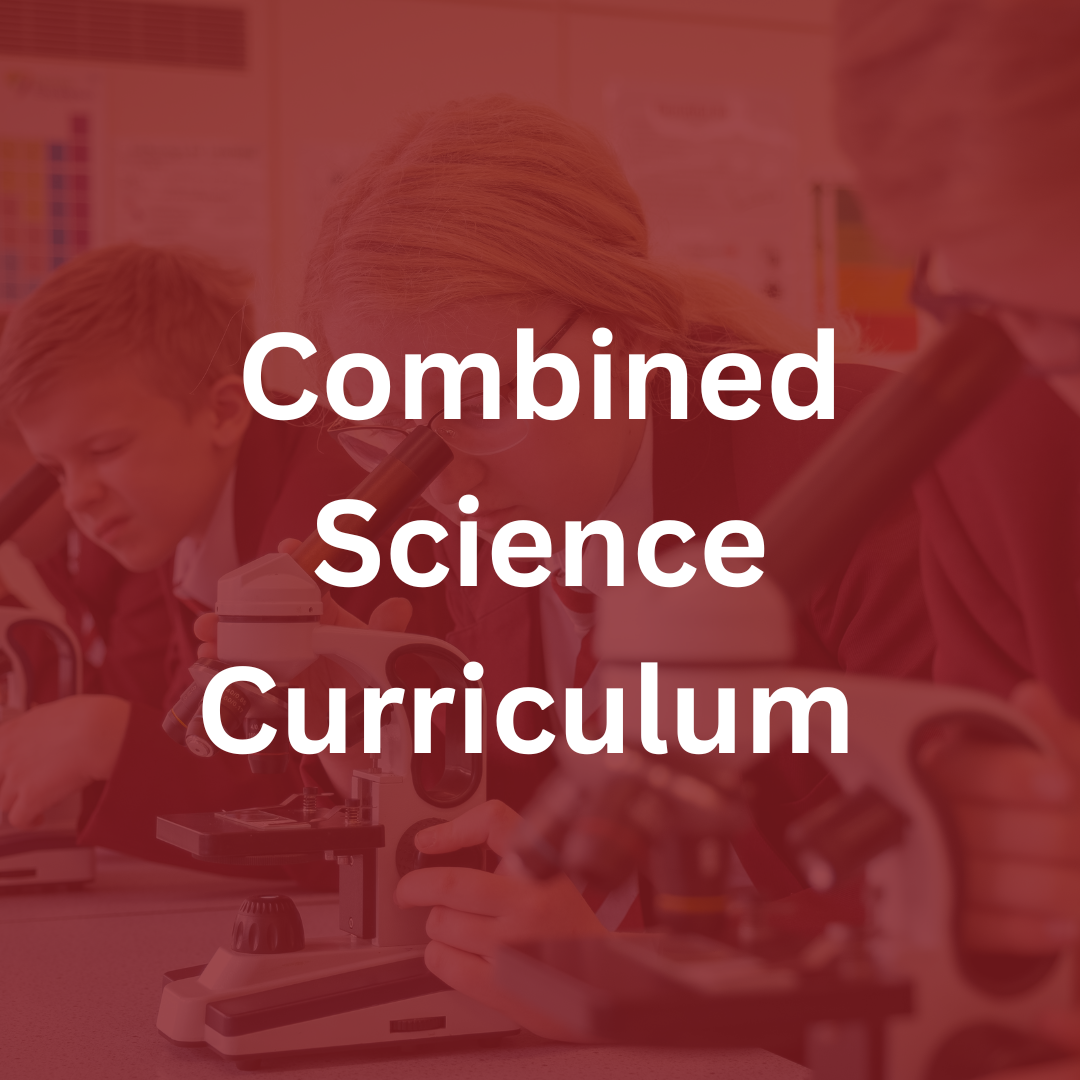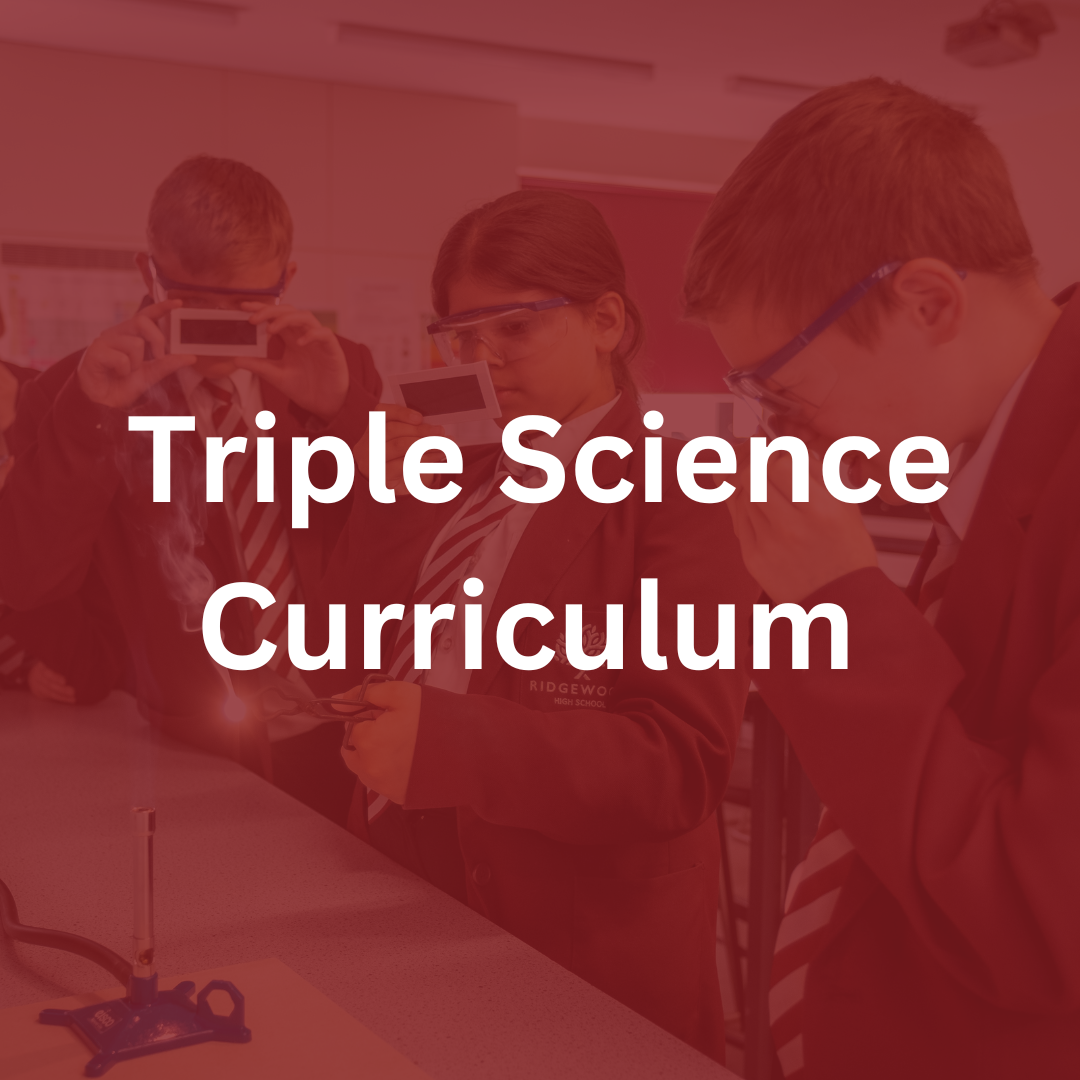Science
The Science Faculty at Ridgewood provides its students with a curriculum that is designed to ready students for the modern world. Science has a key role in the coming years to find solutions to many of the problems faced by society, locally, nationally and internationally. It will allow people’s standard of living around the globe to improve, in a sustainable manner, protecting our environment for future generations. This has led to growth in careers involving Science, growth that is forecast to continue to increase for years to come. Our Science Faculty wants to ensure that all students at Ridgewood are in a position to access these opportunities, and are able to contribute positively, knowledgably and skilfully to the future world.
At the heart of learning within the Science Faculty, is the goal to foster curiosity in our students about the world around them. Through skilful questioning we aim to develop deep thinking within our students and, ultimately, allow them to form challenging and inciteful questions themselves. To help achieve this, learning is given real-life significance, to help contextualise learning. Practical approaches and investigations are given, to enable children to answer questions, and opportunities are provided to allow students to learn from mistakes, reinforcing their understanding of Scientific concepts. Literacy and numeracy are also given real-life significance, highlighting the usefulness and importance of these key skills in life. We aim to ensure students find their learning in Science interesting, enlightening and thought-provoking so, in turn, they are resilient in their learning, aim to excel, are willing to work hard, look for challenge and, ultimately, enjoy and look forward to their Science lessons.
With this in mind, the Science curriculum at Ridgewood has been built around key, ‘big ideas’ in Science.
At key stage 3, the primary aim is to build on the knowledge and understanding at key stage 2 and ensure that students have developed the key skills needed to succeed at key stage 4. With this in mind, the curriculum is designed to include frequent opportunities to develop these skills, within the context of Scientific big ideas. These big ideas being atomic chemistry; cells, tissues and organs; energy stores and transfers; chemical reactions; processes in organisms; forces, speed and gravity; climate change and the Earth.
At key stage 4, the curriculum further develops the big ideas and skills, with the aim of mastering them, in readiness for GCSE and student’s next steps. It is based on the AQA specifications and taught to ensure that knowledge and understanding of key concepts and ideas are developed initially, allowing for them to be applied in later parts of the curriculum.
We have also built into the curriculum development of key scientific skills, literacy skills, vocabulary needed for Science, oracy skills and numeracy skills needed for Science. These are developed throughout the 5 years of the curriculum.


